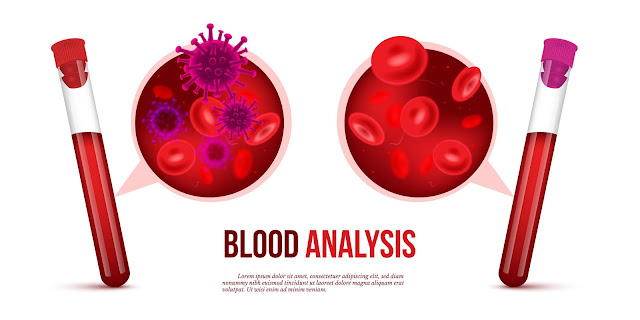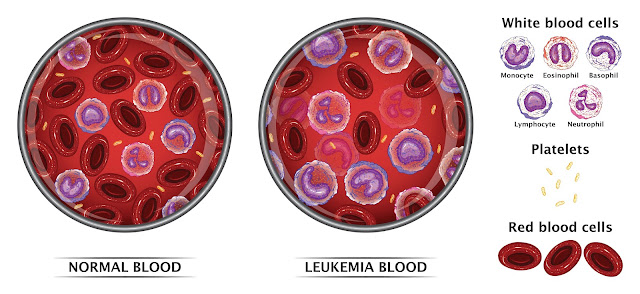What is Myeloma: Causes & Symptoms
Sometimes a hectic day can end in tiredness and weakness in the legs. But frequently feeling fatigued can be an indication that something is not okay in your body. One possible reason can be a problem with blood. Blood is the medium to transport nutrients from one organ to another. Hence, any blood-borne disease can affect the complete body and, in severe cases, it can deteriorate the condition of the vital organs of the body. One of the blood born diseases that can lead to tiredness is Myeloma. According to Medical Oncology, this is a form of cancer that develops in plasma cells. Let's have a close view of this medical condition.
What is Myeloma & how is it caused?
It is a type of blood cancer that develops in the bone marrow and originates from plasma cells and is responsible for the person's immunity. The development of Myeloma initiates when these cells change abnormally and replicate at a high speed. This condition may result in multiple bone lesions, increasing the risk of fractures which is also known as Multiple Myeloma. Two types of multiple Myeloma can affect the body.
These are:
- Indolent Myeloma
In this type, only abnormal plasma cells called M protein are generated and increased in number. In the majority of cases, no noticeable symptom is observed.
- Solitary Plasmacytoma
This type of Myeloma can lead to the formation of tumors (especially in bones). Due to the growth of abnormal plasma cells, the immunity and development of other blood cells are affected, which may lead to a number of problems. Though myeloma cells are able to produce antibodies like normal plasma cells, they are not able to perform the functionality and can damage vital organs of the body.
Symptoms that you may notice
In some cases, symptoms are not noticed in the initial stage. But one may experience at least one of the following symptoms.
- Feeling thirsty all the time
- Nausea & vomiting
- Loss of appetite
- Indigestion
- Anemia
- Experiencing tiredness and dizziness
- Renal failure
- Bone damage
Risks and complications
As per Medical Oncology, risk factors that increase the risk of developing this blood disease are:
- Obesity
- Excessively exposed to radiation
- 50+ age
- People employed in the petroleum industry
- History of monoclonal gammopathy of undetermined significance (MGUS)
Complications associated with Myeloma
- Back pain
- Kidney complications that may require dialysis or transplant
- Certain infections
- Bone loss
- Anemia
Treatment options
The treatment option depends on the patient's condition. These may be possible treatment options:
- Targeted therapy
In this therapy, the protein of myeloma cells is destroyed through medications.
- Biological therapy
In this therapy, the myeloma cells are attacked through the immune system. The immunity is boosted simultaneously.
- Chemotherapy
It is a drug therapy that facilitates in killing the rapidly growing cells, including Myeloma ones.
- Corticosteroids
Chemical compounds like prednisone and dexamethasone are used to balance immunity and destroy myeloma cells.
- Radiation therapy
In this treatment, an intense beam of energy is used to damage myeloma cells and their growth.
- Stem cell transplants
It involves replacing the affected bone marrow with a healthy one that is donated from a donor. It is then treated with either radiation therapy or chemotherapy.
It is essential to detect this illness as soon as possible, and hence one may require Hematologist Doctor Services in Virginia. It will help in controlling the growth of myeloma cells on time and avoid complications.



Comments
Post a Comment